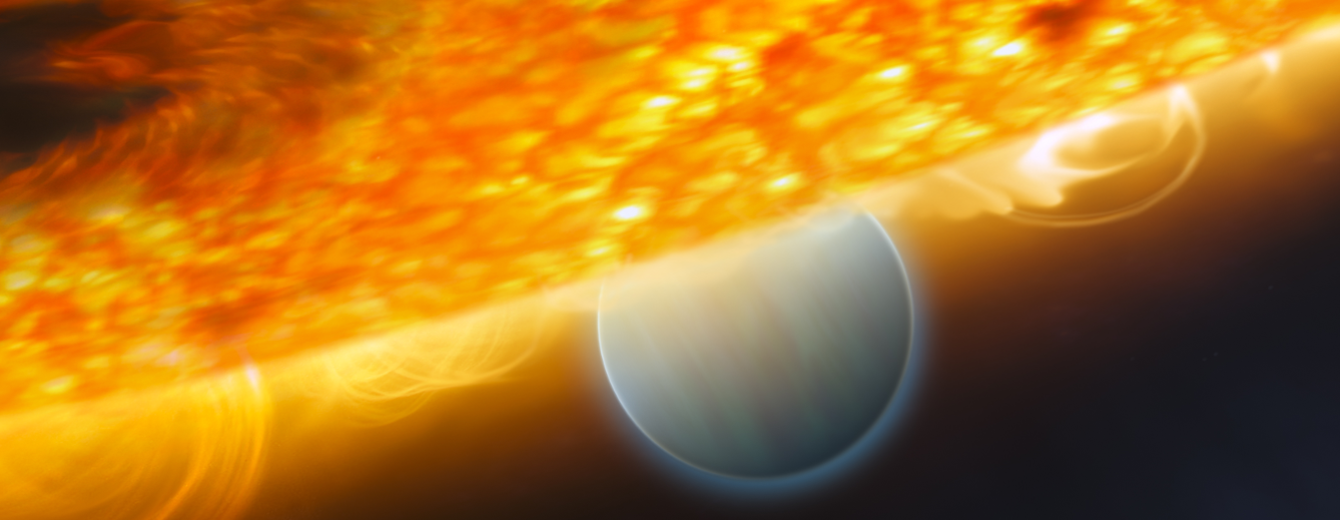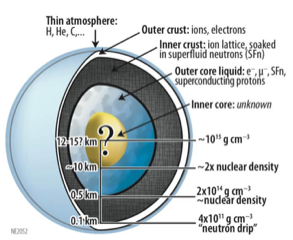Deep learning for high resolution X-ray spectroscopy
le 13 décembre 2024, 10h45 à 12h45, Didier Barret, salle Jules Verne, OMP, site Belin
Resumé: The X-ray Integral Field Unit is the high resolution spectrometer to fly on-board the Athena space X-ray observatory of the European Space Agency. It will enable astrophysicists to study the formation and evolution of the Universe and the physics of accreting black holes, as well as a diversity of astronomical objects, from planets to galaxies. The unprecedented data to be provided by X-IFU in terms of spectral and spatial resolution means that new tools need to be developed to ensure that all meaningful information can be extracted to do the promised science. In this presentation, I will show how simulation based inference, via deep neural networks, can be used to infer the posterior distribution of the model parameters fitting the X-IFU spectra, while traditional techniques face various issues, such as speed and robustness.






